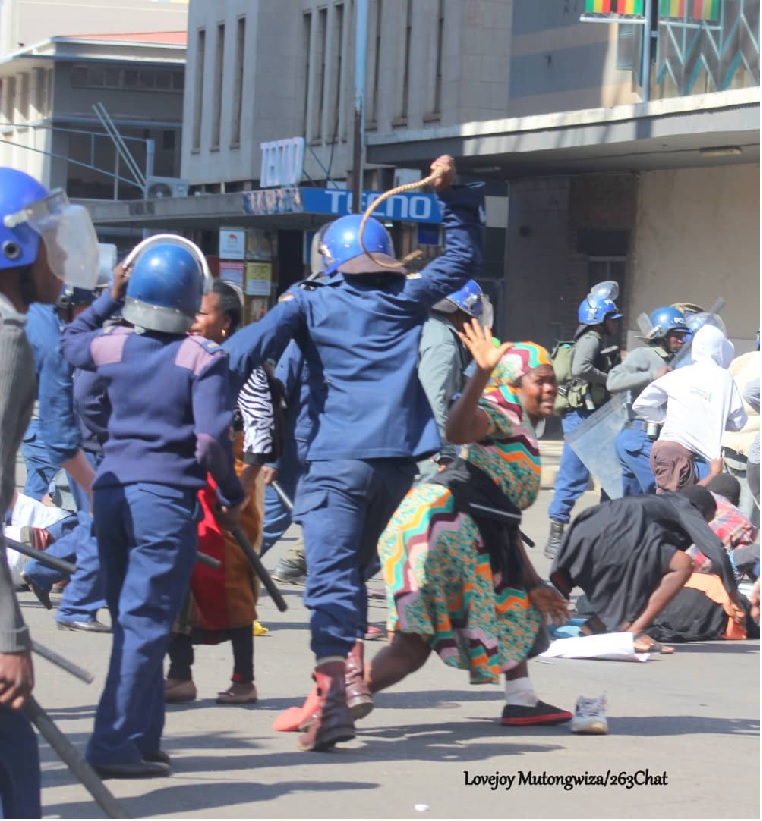There’s a lot to fix.
In 2000, former President Robert Mugabe sanctioned the violent takeovers of white-owned commercial farms to bolster his support in rural areas.
The result was a collapse in exports, the rapid contraction of the economy, a series of famines, and a bout of hyperinflation that led the country to abandon its own currency in favor of the US dollar in 2009.
From 2010 to 2016, pay for the 400 000 government workers was raised to a level where it accounted for more than 90% of tax revenue.
The country is saddled with $9 billion in external debt and unable to borrow more until its arrears to international creditors such as the World Bank are met.
About a quarter of the population of about 14 million, once considered to be Africa’s most educated, has emigrated.
Ncube was appointed in September last year by Emmerson Mnangagwa, who succeeded Mugabe as president after a coup in 2017.
The finance minister introduced an unpopular tax on mobile money, reintroduced the Zimbabwe dollar in June, and boasts that the country has been running budget surpluses since January.
As he sat in his sixth-floor office, he laid out an ambitious plan where the country would successfully navigate an IMF staff-monitored program, then pay off its arrears to the World Bank and African Development Bank with the assistance of the Group of Seven industrialized nations.
It would then win debt relief early next year.
A person familiar with the IMF’s thinking confirmed the plan, but said there’s little donor appetite for it because of the lack of progress on political reform.
To add to Ncube’s woes, a drought has devastated agriculture, and the country will need to import 800 000 tons of corn, almost half its annual consumption. It’s unclear how it will pay.
For most Zimbabweans, Ncube’s optimism, and the recent pronouncement on national television by Mnangagwa that the country had made “truly remarkable progress” and jobs and growth will follow, are little comfort.
“People are very, very angry,” says Japhet Moyo, secretary general of the Zimbabwe Congress of Trade Unions, who forecast spontaneous riots similar to looting that occurred 20 years ago.
“It puzzles ordinary people. How do you have a surplus when government-run hospitals don’t have medication. What is this man talking about?”- Bloomberg
(164 VIEWS)


